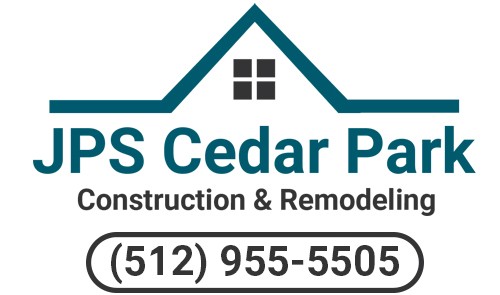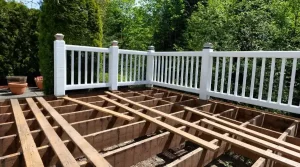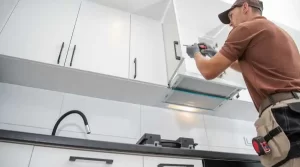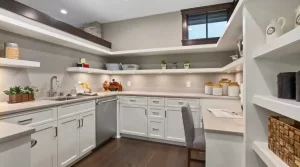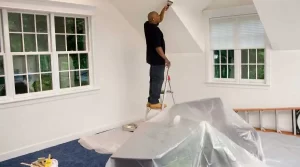It may seem that selecting a countertop material (or the type of wood, for that matter) is solely an aesthetic decision, even if doing so can have a big impact on how well your cooking and cleaning experiences turn out.
Certain materials might even have an effect on how well your appliances work. For instance, if your microwave is set up on a countertop that is vulnerable to nicks or scratches from contact with certain chemicals, its performance may decrease.
We have outlined the advantages and disadvantages of the most common countertop materials. Take into account the following to make an informed decision.
Material 1: Granite.
One of the most beautiful and durable stones available for countertops is granite. This material is exceptionally sturdy and can withstand extreme heat because it is formed from minerals and recycled granite slabs. It is also unusual to find a granite countertop in a kitchen that is free of any number of stains, cracks, chips, or gouges.
Because this material will tend to dull over time, the surface should be cleaned periodically. Discoloration can be avoided by quickly cleaning up grease spots and spills.
Granite should not be used in environments with high levels of humidity because of how porous it is. Additionally, compared to other countertop materials, it could be more vulnerable to heat damage and scratching.
Pros:
- It has a lovely appearance.
- extreme resiliency
Cons:
- Expensive
- Can damage it with heat and stain.
Material 2: Quartz
Quartz is a preferred material for countertops because it is resistant to melting at temperatures of up to 400 degrees Fahrenheit. One of the materials least prone to stains and scratches because it won’t be harmed by the majority of acids and chemicals.
Similar to granite, quartz is a common choice for high-humidity kitchens, but because of its heat resistance, it may also be used in areas with burners and toasters. It won’t be scratched by anything, including knives, but exposure to extremely hot temperatures might cause it to chip or even break.
Pros:
- remarkable resistance to scratches
- superior heat resistance (up to 400 degrees Fahrenheit)
Cons:
- expensive if exposed to excessive heat,
- may chip or break.
Material 3: Soapstone.
Soapstone is one of the prettiest countertop materials available. Its inherent heat resistance makes it a wonderful choice for kitchens with high traffic. Additionally, despite frequent cleaning, food stains and discoloration won’t ever occur due to the unique mineral makeup of the item.
For kitchens with dogs or children, soapstone is an excellent alternative because it is a non-porous surface that is difficult to scratch or chip. However, it can cause allergic reactions in certain people and is one of the surfaces that is most likely to crack and splinter.
Pros:
- resists stains from food and heat
- Nothing is stained.
Cons:
- Some people find it to be expensive and
- it creates allergies.
Material 4: Quartzite.
Given that quartzite, another kind of quartz has excellent heat resistance, it is a popular option for kitchens with burners and ovens. What separates quartz and quartzite the most is their degree of hardness. Quartz is softer than quartzite, despite the fact that scrapes and dents can harm quartzite.
Like quartz, quartzite is highly heat, wind, and water resistant as well as stain resistant. However, this substance can chip at the edges if it is not well sealed.
Pros:
- Excellent heat and water resistance
- Nothing is stained.
Cons:
- Expensive and
- brittle if the seal isn’t properly applied.
Conclusion
When choosing the right kitchen countertop, take into account your comfort level with the material, your kitchen’s finish and design, and the degree of durability that is most important to you. For instance, choosing a heat-resistant countertop material is advised if you want to buy a gas stove because it will prolong the life of your countertop.
No matter what kind of material you choose, it is typically a good idea to purchase an extended warranty for peace of mind.
JPS Cedar Park Construction & Remodeling is a well-known custom home builder in Cedar Park, TX, and has been for more than 30 years. Our team is really proud to create unique settings for our client’s homes. Whether you are starting from scratch or merely making some adjustments, we will ensure that you are satisfied with the outcomes.
